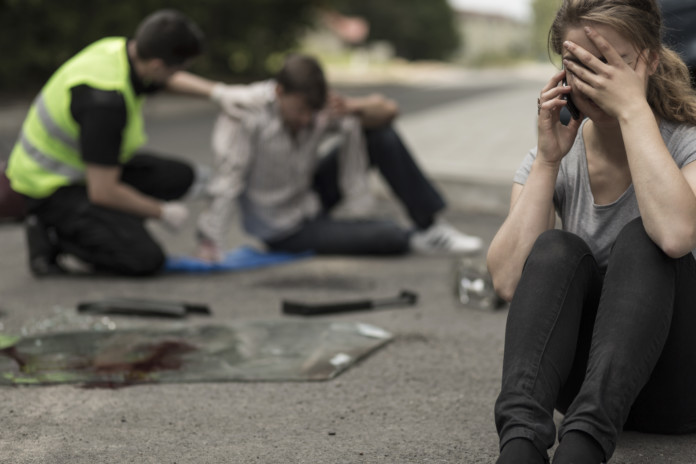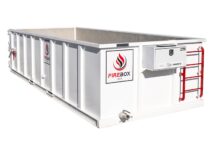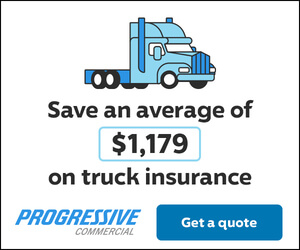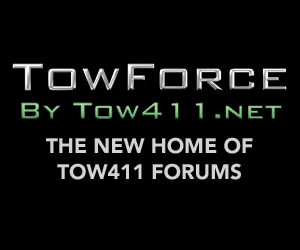Many of you may have read my earlier article, “This One Got to Me,” about an older gentleman who experienced both a business and personal tragedy. He was out of Mississippi and tried to tow a loaded U-Haul truck with a 1974 Dodge and single-line sling assembly when the line broke causing the U-Haul truck to separate from the tow unit. The U-Haul truck crashed into concrete barriers to the left of the freeway lanes, and the Dodge went into the ditch. The sling assembly was torn off the Dodge and stayed in the freeway lanes. Quickly after the sling assembly landed, a lady ran over it, causing her car to flip and wreck which resulted in her sustaining major injuries.
As expected, a lawsuit was filed, and as expected, attorneys for the injured woman named several parties in the suit: Dodge, U-Haul, Wellesley, the wrecker unit manufacturer, the towing company, and the tow driver himself. Dodge made the truck in 1974 and surely was not liable. U-Haul simply contacted their tow vendor and expected service aligned with their vendor agreement. Wellesley went out of business in 1984. This left the tow company and the tow driver. The tow driver had chosen to use his old, beat-up, worn-out truck instead of two others that were incredibly more capable and safer that the company had authorized him to use. Because of his actions, the sole responsibility of the wreck and injuries were laid around his neck like an unwelcome wreath or Olympic medal.
I attended the deposition of the tow driver, and it was one of the saddest moments of my life. I saw the older man as he realized that he was solely responsible for his multiple mistakes, and that he would likely pay for everything himself–and he did. The settlement was for $1.2 million; his farm, land, house, and vehicles were liquidated to pay the settlement, and he still came up $300,000 short! Consequently, when he passes, his life insurance will also go to the injured woman and not to his family. This is why I get so upset when I see shortcuts being taken and the attitude of “it won’t happen to me” or “I haven’t lost one yet.”
A man who shares my attitude on these things is Brian Riker of Fleet Compliance Solutions. Brian is also an expert witness in towing and trucking liability scenarios. Based in Pennsylvania, Brian has been an integral part of both the towing and trucking industries. For the towing industry, he most recently participated in a series of legislative advocacy-action conferences in Washington, DC, and assisted in writing hours of service regulations at the national level. Brian holds safety- and business-related seminars at tow shows and other trade events and works in the industry every day either moving equipment, advising company owners, making sure companies are compliant, or giving advice to others in the towing industry. I have known Brian for twenty years, and I ran this case by him initially and again recently as we discussed ideas to share with towing company owners and managers to hopefully prevent an incident like this from happening with other drivers.
We both know that many employees (and some company owners) have a calloused attitude about liability, thinking they are protected by some “magic umbrella” their employer owns. They are not, of course. The “magic umbrella” does not exist. If an employee is negligent or takes a shortcut against industry standards and an accident results, the employee alone is liable. Brian and I both still cannot imagine going home to own our wives and families and explaining to them that we will be losing our houses and cars because either one of us decided to take a shortcut at our individual workplaces, someone got hurt, and now we are getting sued as a family. Can you imagine having that discussion with your family?
As I informally interviewed Brian, he came up with some great statements and suggestions to address this type of situation reducing the likelihood that a tower will have to have that conversation with his or her spouse or family one day. Brian said:
“Control of liability is important to both business owners and employees alike. As a business owner, I cannot stress enough how important it is to train your employees and to clearly document it when you do. Without documentation, it did not happen! I have been called to defend or investigate trucking and towing company owners when their actions or the actions of their employee led to an injury or death. Often, I find a weak spot in their training program or their record-keeping process.”
Based on Brian’s observation, it seems this whole incident centers around training and communication. He also said:
“In the towing industry training is spoken about often, both formal and in-house programs. Training is not expensive, it is priceless. Many times, I am told by owners they would love to train their team, but as soon as they do, the good ones leave. Yes, this may happen; however, that does not relieve you of the duty to provide training for the safety of the public, your team, and your customers.”
We have heard that before, haven’t we? “What if I pay for training, and they leave??” I have a scarier question: “What if I do not train them, and they STAY?” We came to a mutual agreement on training, adding OSHA-related matters to normal training. Brian summed it up well:
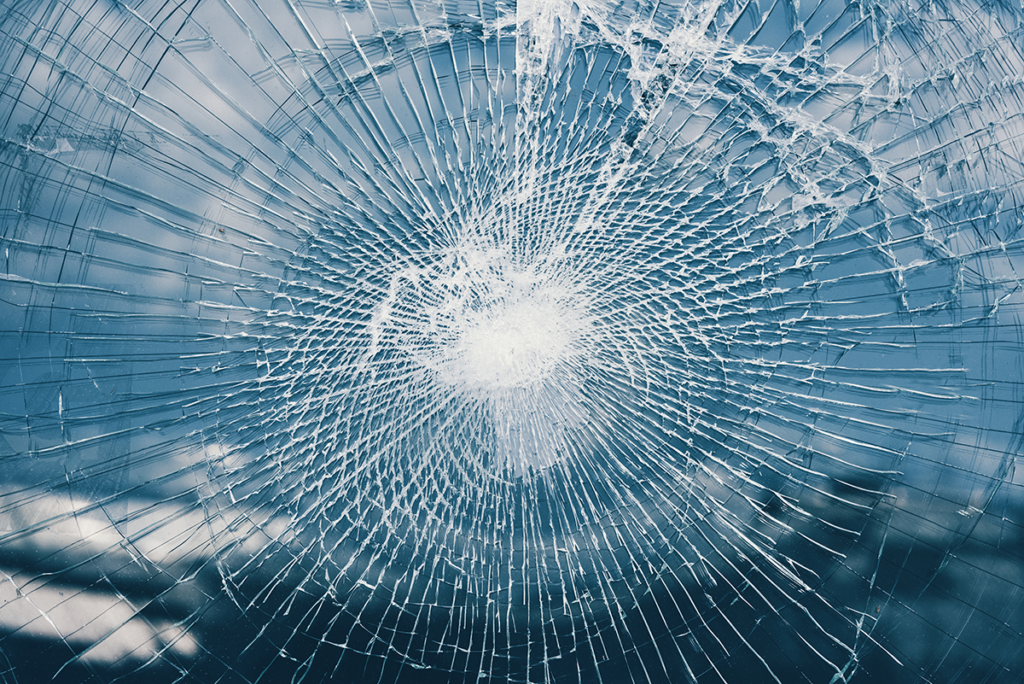 “As an industry, towers focus on below-the-hook training, meaning the cool stuff like rollovers, winch outs, and crash response. There is so much more to prepare for, stuff that is a much larger part of the typical tow operator’s daily routine, such as tire changes, jump starts, invoicing, or even how to properly wear a safety vest. Contrary to popular belief, towing is not exempt from OSHA. In fact, workplace safety for the towing industry is regulated by multiple state and federal agencies, not just OSHA. Towers are covered under OSHA general industry, Federal Motor Carrier Safety Administration, Federal Highway Administration as well as various state level Department of Transportation worksite standards. Further, if we are working on or near waterways, airports, military bases, or railroads, there are even more agencies that have a say in our workplace safety. Each have their own set of standards to follow and required training to demonstrate basic competency.”
“As an industry, towers focus on below-the-hook training, meaning the cool stuff like rollovers, winch outs, and crash response. There is so much more to prepare for, stuff that is a much larger part of the typical tow operator’s daily routine, such as tire changes, jump starts, invoicing, or even how to properly wear a safety vest. Contrary to popular belief, towing is not exempt from OSHA. In fact, workplace safety for the towing industry is regulated by multiple state and federal agencies, not just OSHA. Towers are covered under OSHA general industry, Federal Motor Carrier Safety Administration, Federal Highway Administration as well as various state level Department of Transportation worksite standards. Further, if we are working on or near waterways, airports, military bases, or railroads, there are even more agencies that have a say in our workplace safety. Each have their own set of standards to follow and required training to demonstrate basic competency.”
I am not interested in over-simplifying this incident or the ramifications afterward, but I hope we can all learn something from it. Most people do not train their employees. If they do, it is a few minutes here or there, and nothing is documented. Screaming curse words at an employee and telling them they did something wrong ISN’T training, it is preparing that employee to run like hell from you and look for another job.
Train. Document. Observe. Retrain and emphasize. Trust me when I tell you that you DO have time and money for training. You can spend it now, or you can spend it on a lawsuit later after a catastrophic event. The choice is yours.

